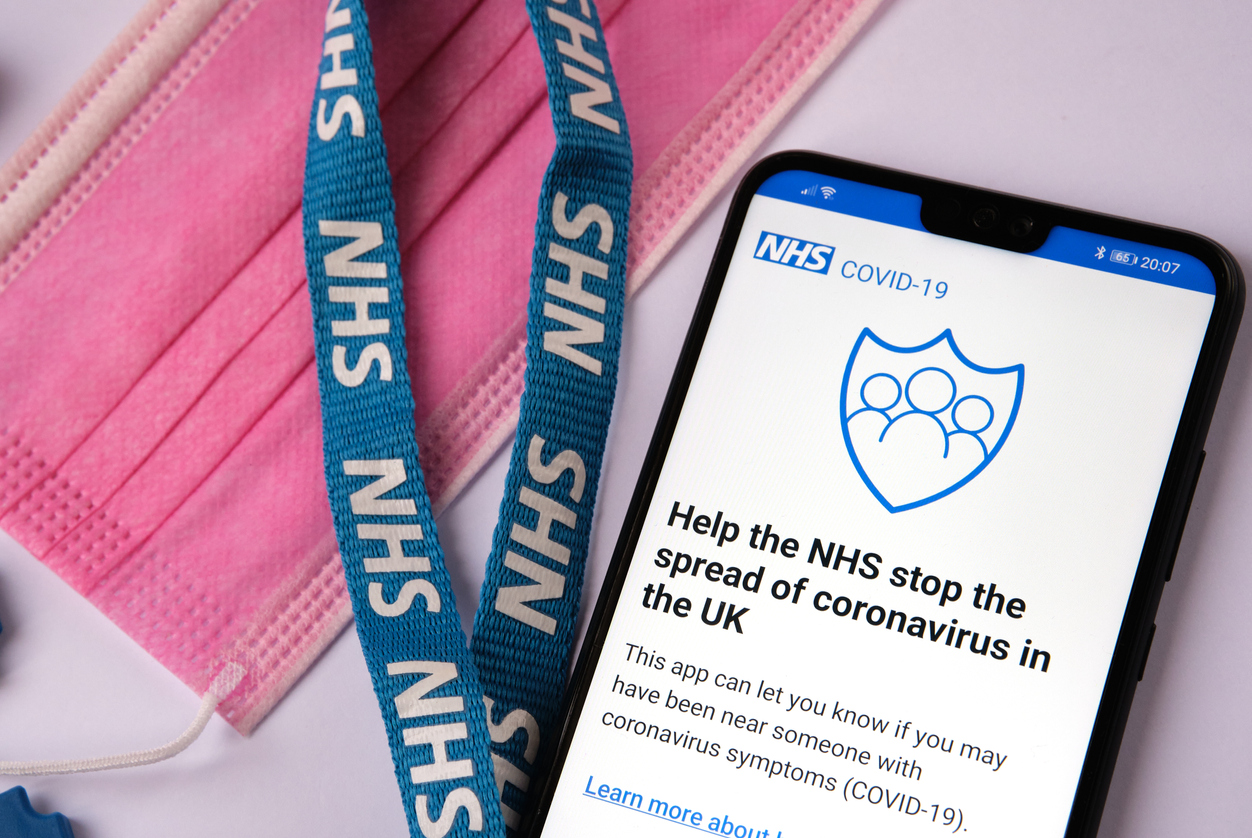After almost 18 months of disruption from the Covid-19 pandemic, businesses across the UK are now faced with a new challenge – the ‘pingdemic’ – caused by the government test and trace system forcing workers into self-isolation. The reality is, however, that this seems to just be the latest in a long line of issues creating disruption and uncertainty for businesses that pre-dates the pandemic.
So how should leaders prepare themselves and their teams to cope with the ‘pingdemic’, or indeed, the next major disruption they have to face? We asked five top experts for their advice.
1. Communicate clearly
“The start of the pandemic was genuinely scary, and according to the Office of National Statistics, nearly half of UK adults experienced high levels of anxiety, which is more than double the normal rates,” says Nic Marks, happiness expert and CEO of Friday Pulse™. “We have learned to live with restrictions, but as things have opened up we are faced with new threats and disruptions – will I catch Covid even though I have been vaccinated? Or, perhaps more annoyingly – will I seemingly get a random ‘ping’ from the NHS app?”
“These unknowns are psychologically disturbing, make us feel threatened and cause our fight and flight mechanisms to kick in. The key to helping your employees cope is to give clear advice which is transparent and fair. The clearer you are, the less anxious they will be. And calmer employees are not only happier but also more productive. It’s as close to a win-win as you'll get in these uncertain times.”
2. Empower your people
“When faced with uncertainty, it is important to permit your teams to deal with it,” says former fighter pilot Dr John Jupp, whose new book, Rise Above, is based on his experience leading through uncertainty in the RAF. “With your strategy and intent clear to them, your people can work their own way through uncertainty and disruption within the bounds which you want them to operate. With this they can see and take advantage of fleeting opportunities that arise when disruption and volatility abound.”
“Remember the 3 Ps, though, that in uncertainty and disruption leaders can Process it out, Permit people to deal with it and Profit from it.”
3. Prepare for the ‘ping’
“Don't wait until an employee is pinged and asked to isolate. Ask all your people to consider having at least a plan for a home office,” says author of Remote Work, Chris Dyer. “Working on-site is a one-size-fits-all situation, but the situation at home can differ widely from employee to employee. Someone who lives alone or only with an adult spouse or partner may not be terribly inconvenienced. However, someone who lives in a household with several children and/or multiple generations may have unique challenges, so it is important to consider everyone’s unique circumstances.”
“Managing during the pandemic calls for an extra dose of empathy and emotional intelligence. Human focused leadership is a great structure to use for that, and it teaches leaders to focus on the employee first, then the work.”
4. Embrace human-centred management to reduce stresses
“Humans are not machines. There is always an array of different behaviours, and this has been one of the characteristics of the ‘Pingdemic’ – we all respond differently,” says author of Management and Leadership in the 4th Industrial Revolution, Stephen Wyatt. “The response from leaders needs to be to define boundaries and allow individuals the discretion to decide what will be their working pattern, reflecting their priorities, their circumstances and well-being.”
“Such workplace policies are human-centred as they allow discretion so the individual can optimise the working pattern for themselves. This can significantly reduce the stress and anxiety that the employee may otherwise feel, as well as helping with workforce planning as the median behaviour of the population when given options is more predictable than the behaviour of individuals as their circumstances change.”
5. Proactively manage mental health
“As a CEO, chances are you have already led successfully though “unprecedented” disruption to the business world,” says psychologist and author of The Leader’s Guide to Resilience, Dr Audrey Tang. “You have navigated changes with your remote teams, you have pivoted to implement new ideas for customers and you have managed your own mental and emotional wellbeing. Now it is time to put that learning into practice proactively.”
“Be mindful that if someone gets “pinged”, remember they are at real risk of becoming ill – and this may be causing them anxiety. Beyond business continuity, remember that empathy and a reassuring word goes a long way for morale. Also, be honest – you may not be able to accommodate all needs, but transparency can help teams understand and empathise better with your decisions.”











